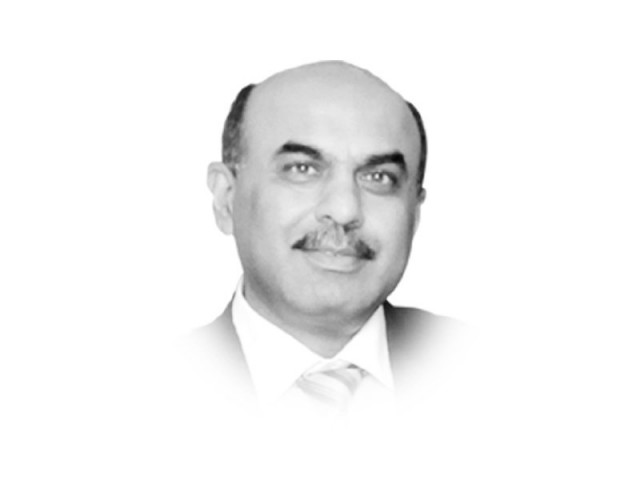Forgotten electoral reforms
Smokescreen created by Tahirul Qadri's protests obscured real reform agenda, which in December, seemed within reach.

The writer is Chief Executive of the Strengthening Participatory Organisation
A credible voters’ list is imperative for holding credible elections but the new voters’ lists are still in the doldrums. Coming up with error-free and polling station-wise voters lists are tasks yet to be finished by the Election Commission of Pakistan (ECP). Voter registration should be concomitant with the issuance of CNICs to avoid lacunas in the voters’ lists.
Participation of women as voters and candidates remains a grey area. The conundrum of 10 million missing women from the electoral rolls is still unresolved; it is also important that 36.5 million registered women are able to vote. It was disappointing that some political parties opposed the recommendations regarding the legislation against stymieing women from voting. Making the validity of results at any polling station contingent upon a threshold of women voters would be the right step. Determining this threshold requires gender-disaggregated turnout data at polling stations, but the law has no such provision. In the absence of such data, determining how many women have voted is confined to guesstimates. To ensure enhanced women’s participation, the ECP needs to recruit and capacitate sufficient female polling staff.
Transparency in compilation of election results is an area of concern. The ECP and the government have often welcomed independent electoral observers but the accreditation process is bereft of any legal cover.
In 2009, the ECP developed a reforms package, which was submitted to the prime minister. In the aftermath of the Eighteenth Amendment and subsequent revisions, the ECP submitted an improvised package to the government in 2010. In 2011, the National Assembly (NA) Subcommittee on Election Reform prepared a report in response to the ECP’s proposals. The report was submitted to the NA’s Standing Committee on Law and Justice in 2012, which accepted the report and sent it to the ECP for incorporating the suggestions in the draft Bill. It contained only a few insignificant improvements. While the ECP is not a legislative entity, parliamentarians should have spearheaded the legislation process. The Subcommittee’s work is still lying in cold storage.
In October 2012, a parliamentary committee held a public hearing on key reforms for the general elections. Several Pakistani and international civil society organisations made some concrete recommendations for legislative action. However, all these efforts were scuttled by Dr Qadri’s dharna.
Legislators have to demonstrate the political will and commitment to free, fair, inclusive and transparent elections. This, however, cannot be achieved through ‘talk shops’ but through immediate legislative action.
Published in The Express Tribune, February 23rd, 2013.















COMMENTS
Comments are moderated and generally will be posted if they are on-topic and not abusive.
For more information, please see our Comments FAQ